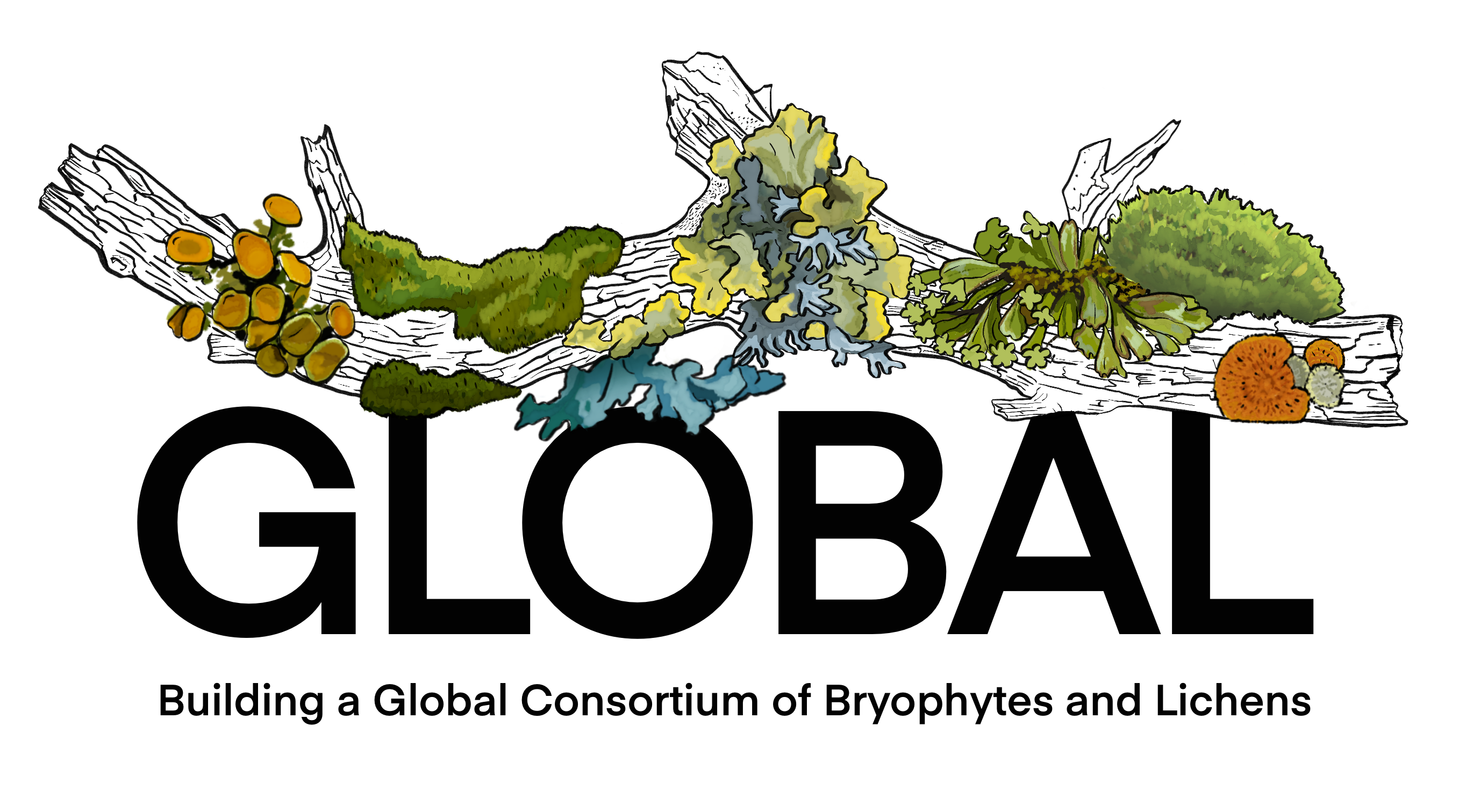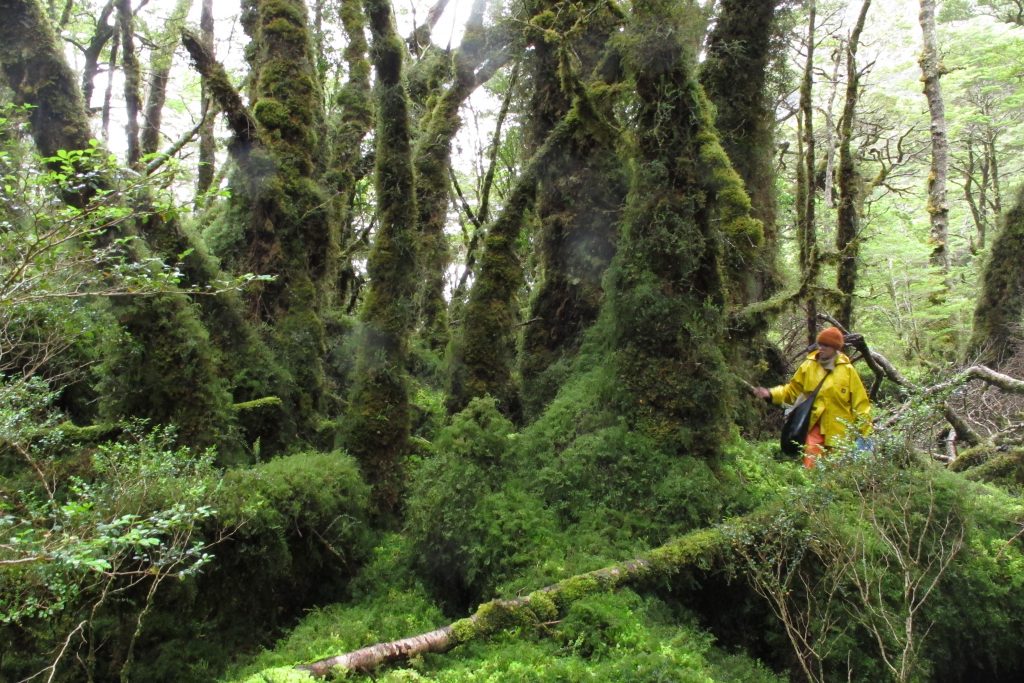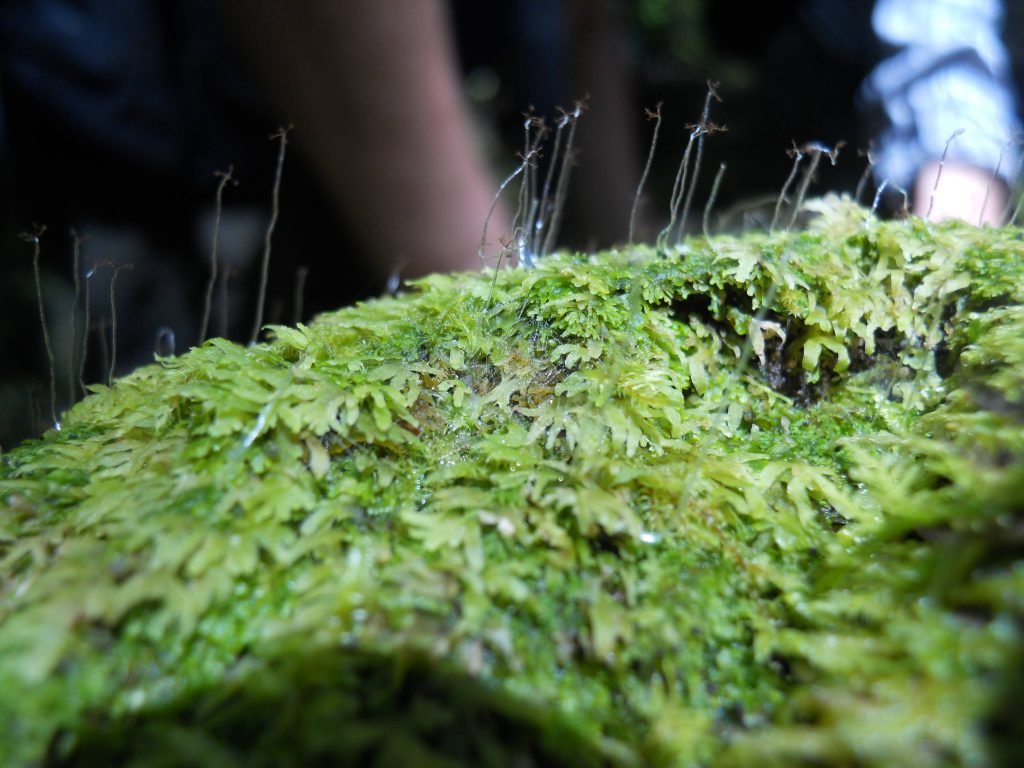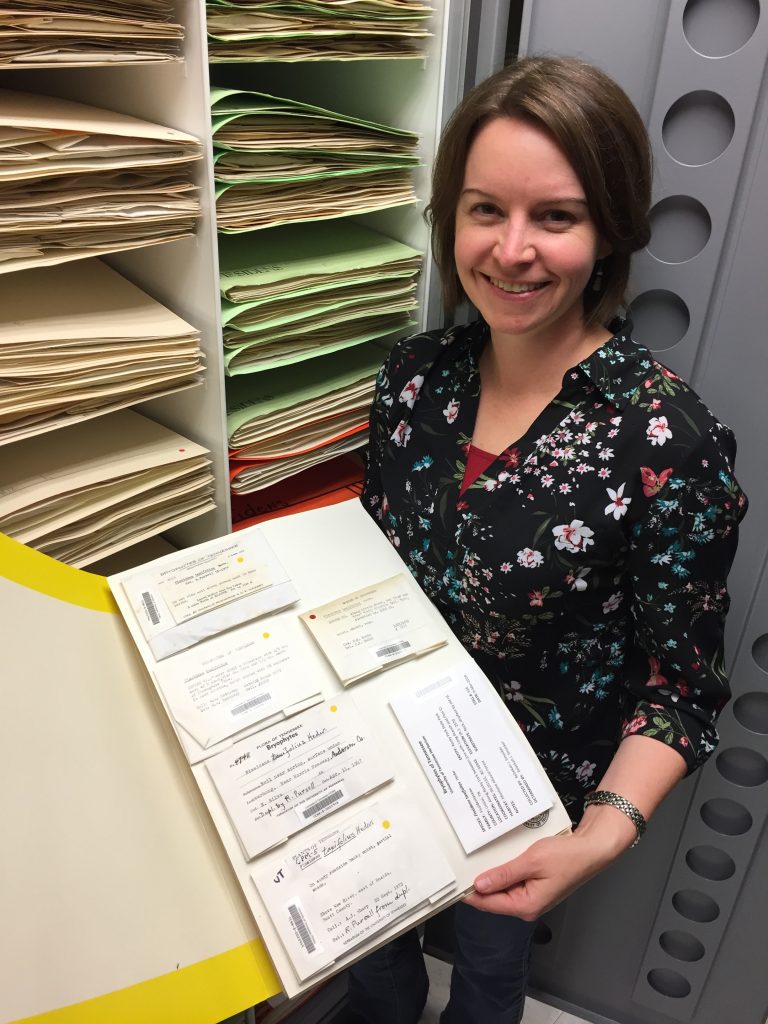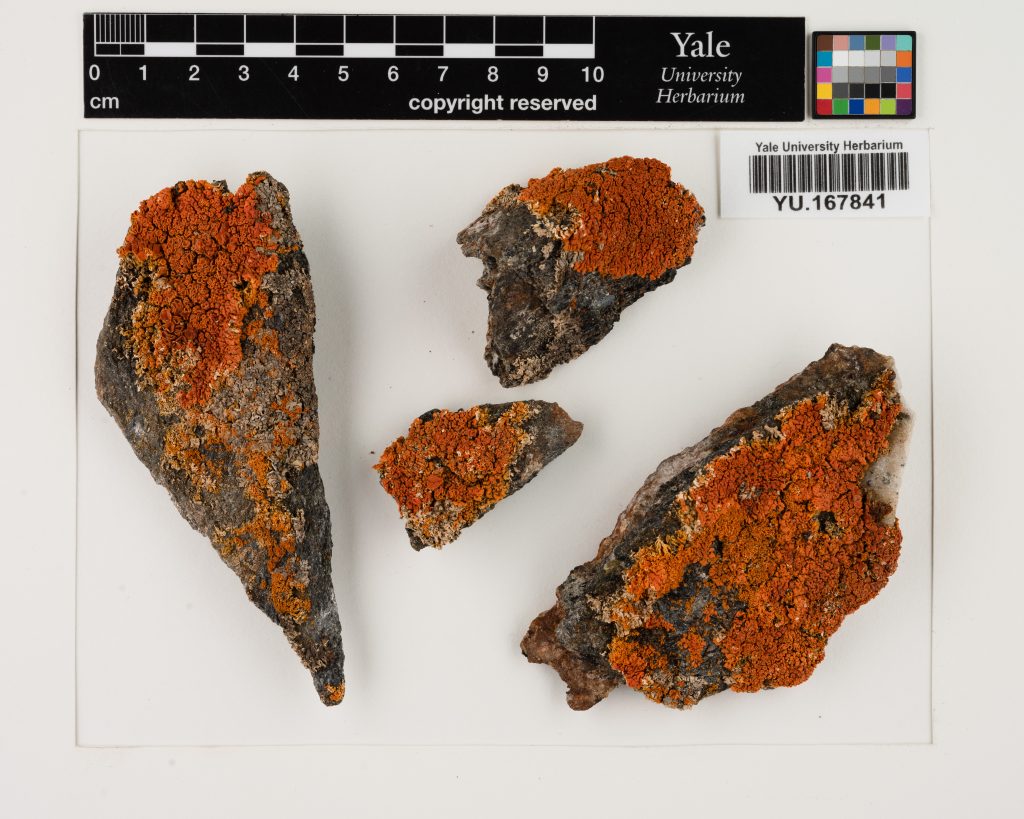Overview:
This project establishes a novel cryptobiotic consortium integrating information about bryophytes and lichens with each other, and with their commensal organisms, including fungi, on a worldwide scale. Lichens and bryophytes form minute “forests” and provide the matrix that structures these communities. This project, Building a Global Consortium of Bryophytes and Lichens: Keystones of Cryptobiotic Communities (GLOBAL), will image more than 1.18 million bryophyte and lichen herbarium specimens held in U.S. institutions, and digitize their associated metadata. Imaging the physical specimens of these organisms is unprecedented on this scale. These communities have global relevance and play an essential role on our planet (e.g., biological soil crusts that harbor these communities form a “living skin” covering approximately 12%). GLOBAL includes ten core institutions, 11 sub-award partners, and four contributors that will make their data broadly accessible to the research community, K-12 education, and society at large. Recognizing the growing demand for linked data environments and cyber infrastructure, these data will be integrated and presented via a single user interface that will feature new tools (e.g., search and automatic linking of genetic resources). Using the bio-collaborative environment Symbiota, GLOBAL will provide a hub for integrating future cryptobiotic digital assets, including over six million pre-existing bryophyte and lichen records from contributors to the current portals and this project. All GLOBAL data will be served to databasing aggregators including iDigBio, Global Biodiversity Information Facility, and Encyclopedia of Life.
Intellectual Merit:
Lichens represent an iconic example of mutualistic interactions, and bryophytes include three early diverging extant land plant lineages that are essential to testing hypotheses on the coevolution of land plants and the earth. Lichens and bryophytes are united by ecological and physiological criteria. GLOBAL works toward the overarching objective of facilitating the next generation of natural history collections, or extended specimen networks. Focusing on cryptobiotic communities will enable generations of research on the complex and dynamic interactions among organisms, communities, and species. GLOBAL will allow unprecedented synthesis of data and information beyond bryophytes and lichens, including fungi, algae, and other organisms. These integrated data will be critical tools for a number of evolutionary and ecological studies, including a deeper understanding of (1) how biocrusts perform their ecosystem functions, (2) the roles of bryophytes and lichens in carbon/nitrogen cycling, (3) the dynamic evolution of symbioses in space and time, (4) the historical and contemporary drivers of endophyte co-diversification, and (5) the evolution of biodiversity using spatial phylogenetics. Deep learning approaches using repurposed digital images will also provide powerful new investigative tools.
Broader Impacts:
Professional training and funding will be provided for a large number of undergraduates, with a focus on leveraging local resources to promote underrepresented students in STEM fields. Students will be trained in image capture and processing, digitization, databasing, and collections management, and will contribute to GLOBAL education and public outreach components. The diversity and expertise of collaborating institutions is leveraged with a multi-pronged approach to broader impact that spans from K-12 to participatory citizen science initiatives. These include: (1) diverse digital, interactive, and object-based learning outreach programs; (2) online lesson plans; (3) science youth groups; (4) Science Clubs and public educator workshops; and (5) a series of videos using Learning Glass – which collapses the perspectives of viewer and presenter into one shared perspective. In addition, the PIs and collaborating institutions will host WeDigBio and K-12 clubs hosting label transcription crowdsourcing events during the award period. The project also partners with Zooniverse, leaders in online citizen science, where we will develop an online platform for citizen scientists to make observations on character traits that can then enhance metadata not always on the scientific label data.
Photos From: Laura Briscoe1,2, Jessica Budke3, Yale University4
